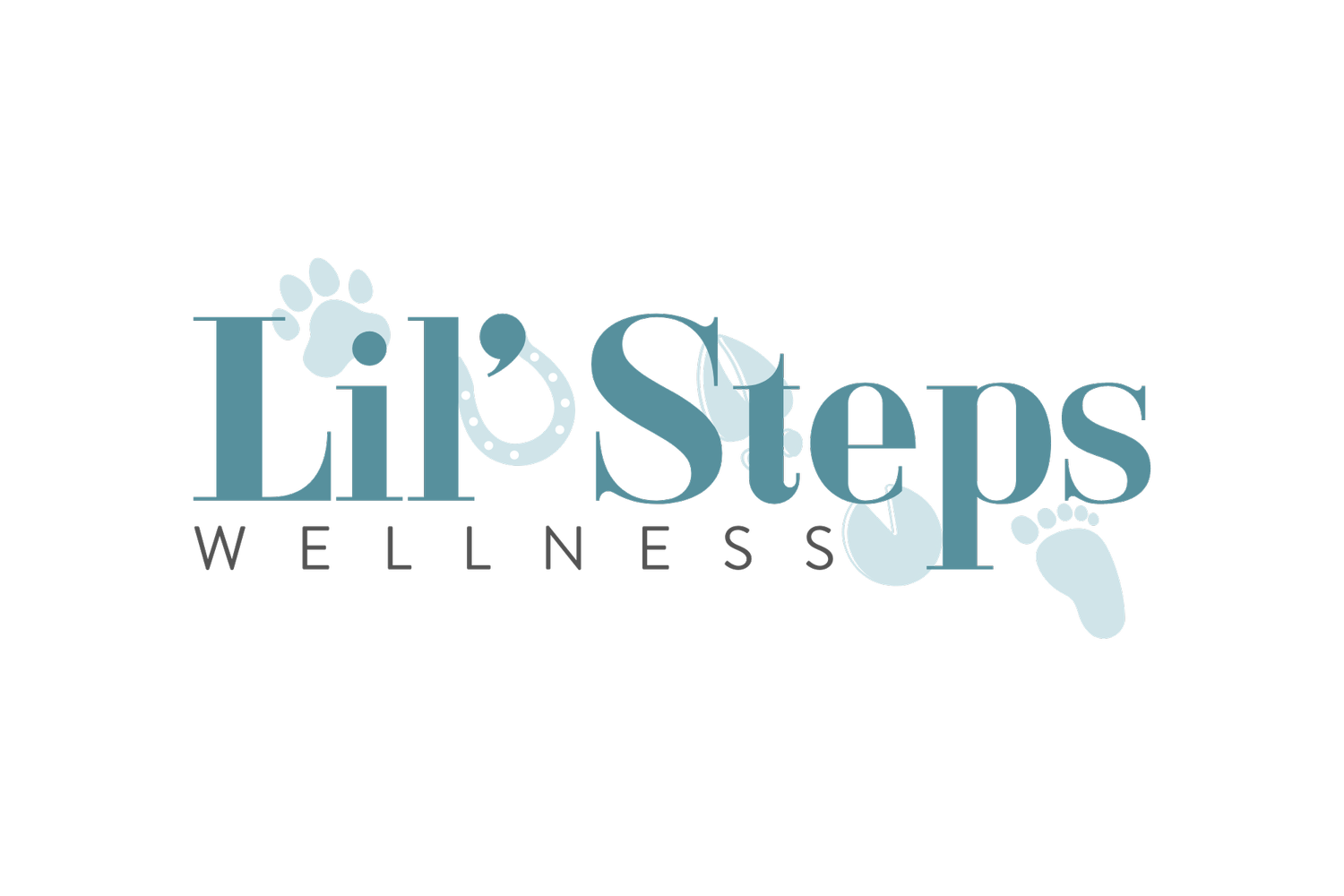Knowing When To Seek Help For Your Mental Health
Our mental health can be complicated, often shifting and changing, making it hard to know when it crosses the line from okay to not okay.
In this guide, I will outline some changes you may see in yourself or in others to help understand & identify when it’s important to seek assistance.
Take a moment to think of a time where you felt most like yourself; settled, happy, focused, etc. I like to call this the baseline and it is essentially our “normal”. We are all unique and this is why we need to establish what our own baseline feels like. This allows us to see when our mental health may be declining to the point where we may need to reach out for help.
Key Changes To Pay Attention To:
Mood Changes
This may be pointed out by the ones around you sharing comments such as, “you’re just so angry lately, what’s the big deal”, “why are you overreacting so quickly”, or “geez - you are so irritable”. The reality is, everyone gets angry or irritable at times, but if you find that you’re frequently lashing out, overreacting to minor inconveniences, or unable to control your temper, this can indicate a deeper emotional struggle. It is also important to pay attention to the more subtle mood changes, such as a low mood or a loss of interest in the things that you used to find joy in.
Changes In Your Thinking
Let’s face it…some of us see the glass as half full and some see it half empty. How we see things can be ingrained in our personality, which is something that we are born with, further developed by our experiences in life.
The key here is noticing the “change” in your thinking including when you are starting to see things more negatively including self-criticism, thoughts of shame and guilt, or hopeless thoughts can indicate a decline in your mental health. It is also common for people to have thoughts of self-harm or suicidal thoughts when they are struggling. The most important thing with these thoughts is to share them with someone you trust or contacting a crisis hotline such as #988 to get help in addressing them.
Behavioural Changes and Day to Day Functioning
Mental health issues often manifest in our inability to function. You might find yourself struggling at work, school, or in your relationships. Tasks that were once easy may feel overwhelming. You may notice yourself withdrawing from family and friends, missing deadlines at work, or struggling to focus. Some people will turn to alcohol, drugs, or risky behaviour to cope with the emotional pain or stress.
Changes in Sleep and/or Appetite
Our bodies will often reflect what’s going on in our minds because physical and mental health are very much interconnected, including in our dreams! In times of personal stress, I will notice having very vivid, detailed dreams that I wake up from, often thinking, “I could have made a movie from that dream!”
Sleep patterns may also change, making it difficult to fall or stay asleep, even making you feel fatigued when you think that you got a good night's sleep.
You may have read through these Key Changes and noticed a lot of these signs and symptoms are going on for you. So, how do you take that next step to help get back to the previously mentioned baseline?
Next Steps:
Medical Checkup: I recommend making an appointment with a family doctor and getting that full physical check up. A few times in the past, I have been told of situations where mental health decline was related to another condition such as thyroid, vitamin b deficiency, or other physical ailments that impacted someone’s mental health.
Connect with a Therapist or Counsellor: I have personally seen great success in having someone to talk to as well as work with coping mechanisms to help address and recognize mental health concerns.
Talk About It: I think we're definitely moving in the right direction where more people are talking about their mental health and sharing their stories and journeys with others. This allows us to not feel so alone while also lessening feelings of judgment or shame around what we are experiencing. Opening up to a support system or joining a support group is a great way to start the journey of healing.
Mental health difficulties can be hard to recognize at first, but when we start to move away from our baseline, that’s where it can become a problem. Recognizing these changes is crucial for being able to take those steps in the right direction and increase our well-being.



